What is Liberal Arts: History, Types, College Degrees and Jobs
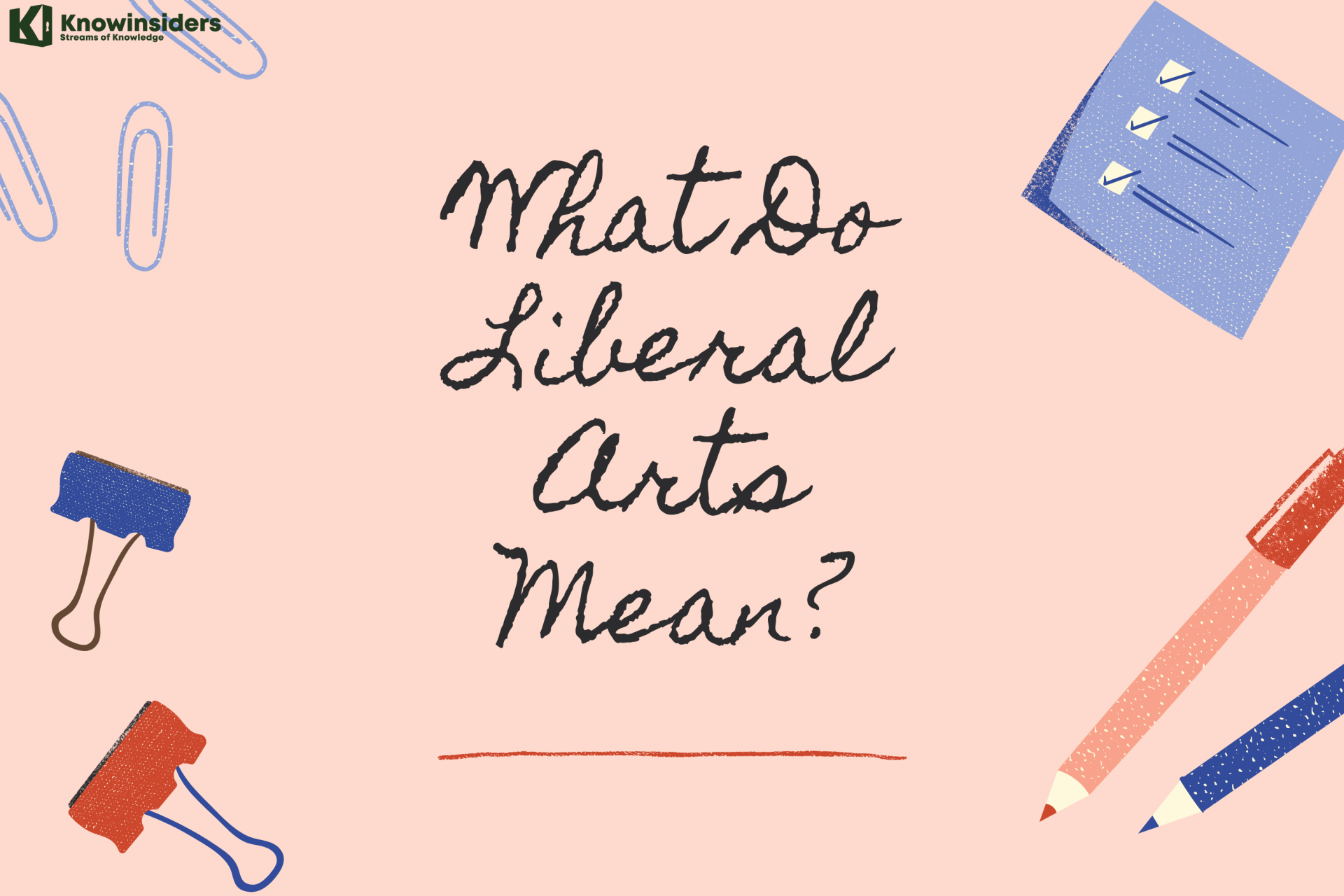 |
| What Exactly Do Liberal Arts Mean? Photo KnowInsiders |
If you ask ten people to define "liberal arts," you'll probably get ten different answers. Is mathematics a liberal art? What about chemistry or biology? Although the definition of the liberal arts has changed over time, it now includes the arts, humanities, natural sciences, and social sciences as its four main subfields of study.
A liberal arts education provides a broad intellectual foundation for all humanistic research. A degree in the liberal arts can help you succeed in a fast-paced world where people must come up with innovative solutions now to handle complex problems in the future.
What Exactly Do Liberal Arts Mean?
A yellow infographic piece with the text Some popular liberal arts majors include: English, Communication, History, Psychology, MathematicsLiberal arts is a broad term that can be encompass everything from theater arts to economics.
As a discipline, these subjects are intended to give you general knowledge and the ability to think critically and learn any subject – instead of specific skills needed for a technical profession. Instead, liberal arts sharpen your research, writing and critical thinking skills.
As to what you can do with a degree in liberal arts, the benefits go far beyond the specific subject knowledge from a particular degree. When it's time to enter the job market, liberal arts majors have a huge array of possibilities available to them, including many in science, technology, engineering and mathematics (STEM) and business.
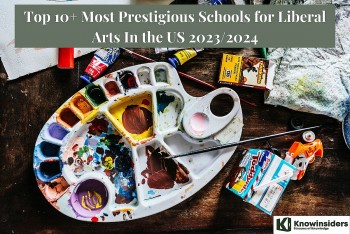 Top 10+ Most Prestigious Schools for Liberal Arts In the US 2023/2024 Top 10+ Most Prestigious Schools for Liberal Arts In the US 2023/2024 |
A brief history of liberal arts education
Liberal arts education was viewed in classical antiquity as being crucial for a free person engaged in civic life. At the time, this would have meant having the capacity to take part in public discourse, defend oneself in court and on juries, and serve in the military. Grammar, rhetoric, and logic—collectively known as the trivium—were the only three subjects covered by liberal arts at this time.
The quadrivium, or the addition of four more subjects, arithmetic, geometry, music, and astronomy, resulted in the medieval liberal arts curriculum having seven subjects total.
What is liberal arts education today?
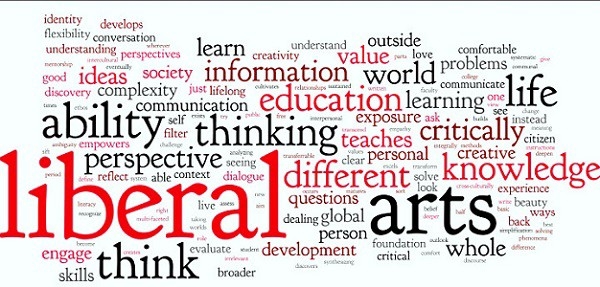 |
| Photo Medium |
What, then, does a liberal arts education look like today? A typical liberal arts degree program is interdisciplinary and covers topics in the humanities as well as the social, natural, and formal sciences. There are many subjects today that fall under the broad definition of the category. The specific subjects that liberal arts degree programs at various institutions include vary.
READ MORE: Top 5 best educational games for kids
What Is Liberal Arts College?
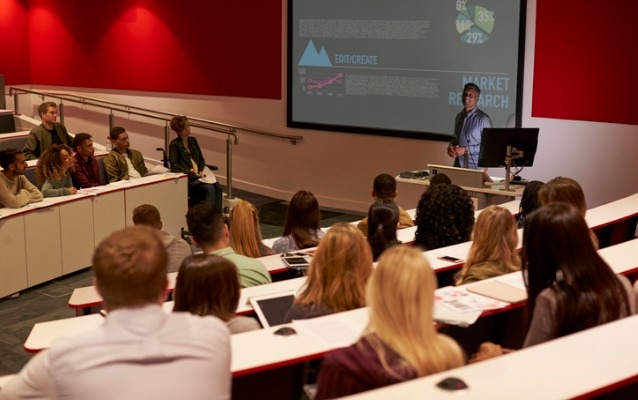 |
| Photo shiksha |
There are some significant differences between liberal arts colleges and other universities in the United States. Liberal arts colleges typically place a strong emphasis on student participation and encourage a high level of student-teacher interaction, mentoring, and collaboration.
Unlike universities, which prioritize research, liberal arts colleges have more full-time faculty members dedicated to teaching rather than a mix of graduate student teaching assistants and research professors. Most liberal arts colleges are small and residential, with smaller enrollment and class sizes, as well as a lower student-to-teacher ratio, with teachers serving as mentors and even research partners for their students.
| A liberal arts college provides a concentrated liberal arts education, despite the fact that many colleges and universities award liberal arts degrees. Small class sizes and a curriculum that prioritizes the humanities, arts, social sciences, and natural sciences are typically priorities at these colleges. Students at liberal arts colleges, like those pursuing a liberal arts degree at a research institution, must satisfy general education requirements that place an emphasis on critical thinking, problem-solving, and reasoning abilities. Small class sizes and a curriculum that prioritizes the humanities, arts, social sciences, and natural sciences are typically priorities at [liberal arts] colleges. According to Maine's Bowdoin College, "a modern liberal arts education takes whatever you're passionate about — history, medicine, music, law, neuroscience, engineering, poetry, teaching, biology — and helps you understand how it will impact the world around you." |
What is a Liberal Arts Degree Good For?
Nearly all liberal arts degrees can, with additional training, lead to careers in education, enabling graduates—with the necessary credentials—to share their passion with others. These degrees are also well suited for further research and study. Many liberal arts majors also have a strong desire to connect with others and give back, which propels them into careers in public service, politics, and other helping fields.
Liberal arts majors can find graduates in almost all fields and professions, but these are some of the more traditional career paths. Liberal arts graduates may find their niche in fields like marketing, sales, strategy, or relationship-based work like customer relations and account management because STEM and business fields value their ability to think critically, adapt quickly, and solve problems.
With the text, Torian Parker Theo ParkerEven if they don't have a formal technical background, their abilities to read, research, and digest complex information can help them catch up quickly on technical subjects.
Liberal arts majors frequently have strong interpersonal skills and are excellent at bringing a "human touch" to any profession they choose. According to Parker, "Liberal arts (majors) approach problems in the workplace and the wider world from a unique vantage point by tapping into the humanistic qualities and dynamics that are occasionally overlooked due to a narrow and single approach to problem-solving."
Benefits of a liberal arts degreeIf you're still not sure if a liberal arts degree is right for you, consider the following key advantages: Preparation for work in a variety of sectors: you will gain a solid foundation of knowledge in a broader range of subjects than if you pursued a degree that specialized in a single subject or vocation. Introduction to career options: The breadth of subjects taught in a liberal arts degree program allows students to be exposed to subjects they might not have encountered otherwise, allowing them to make a more informed decision when deciding on a career path. Stepping stone to other careers: The knowledge gained through a liberal arts education can help you better transition from one career to another. Employers value liberal arts degrees because they recognize that graduates have the transferable skills needed to adapt to a changing workplace. Provides a foundation for graduate study: A potential graduate student with a liberal arts background will be able to learn across a diverse field of studies, with the foundation knowledge to pursue graduate study in any subject they choose. A liberal arts education goes beyond academia and the workplace to provide graduates with the necessary qualities that will allow them to adapt and thrive in the world, communicate with and understand other members of the community, and have a broader perspective. |
READ MORE: 10 Most Expensive Colleges and Universities In The US Today
What Jobs Can You Get with a Liberal Arts Degree?
You can use the skills you gain from a liberal arts education to enter a variety of fields, including business, government, teaching, and healthcare. See the list of suggested majors and careers below.
Here are a few popular liberal arts majors
Biology— uncover the inner workings of living creatures through studying science, math, and history.
Creative writing — craft stories and learn to communicate through the written word. Classes in psychology, philosophy, history, and English can help improve your stories.
Fine art — apply your vision and creativity while learning to create art. History, psychology, geometry, and communications classes also help art students improve their creative work.
History— explore the events and situations that impact our world, from wars to political movements. Political science, sociology, psychology, and religious studies round out this major.
Political science— Learn about the institutions, procedures, and relationships in the political system. A political science major will study elements of psychology, economics, history, and sociology.
Psychology— learn how humans think and understand which factors influence our brains and behavior. Psychology students also learn about sociology, history, art, biology, and statistics.
Sociology — comprehend the structure of societies and the interactions between social groups. This major incorporates elements of math, political science, art, and history.
Some examples of possible liberal arts majors are provided below. Even though students in each degree program specialize in a different area of study, they must all take a broad range of courses in order to graduate.
What Types of Liberal Arts Degree Jobs Are Available?
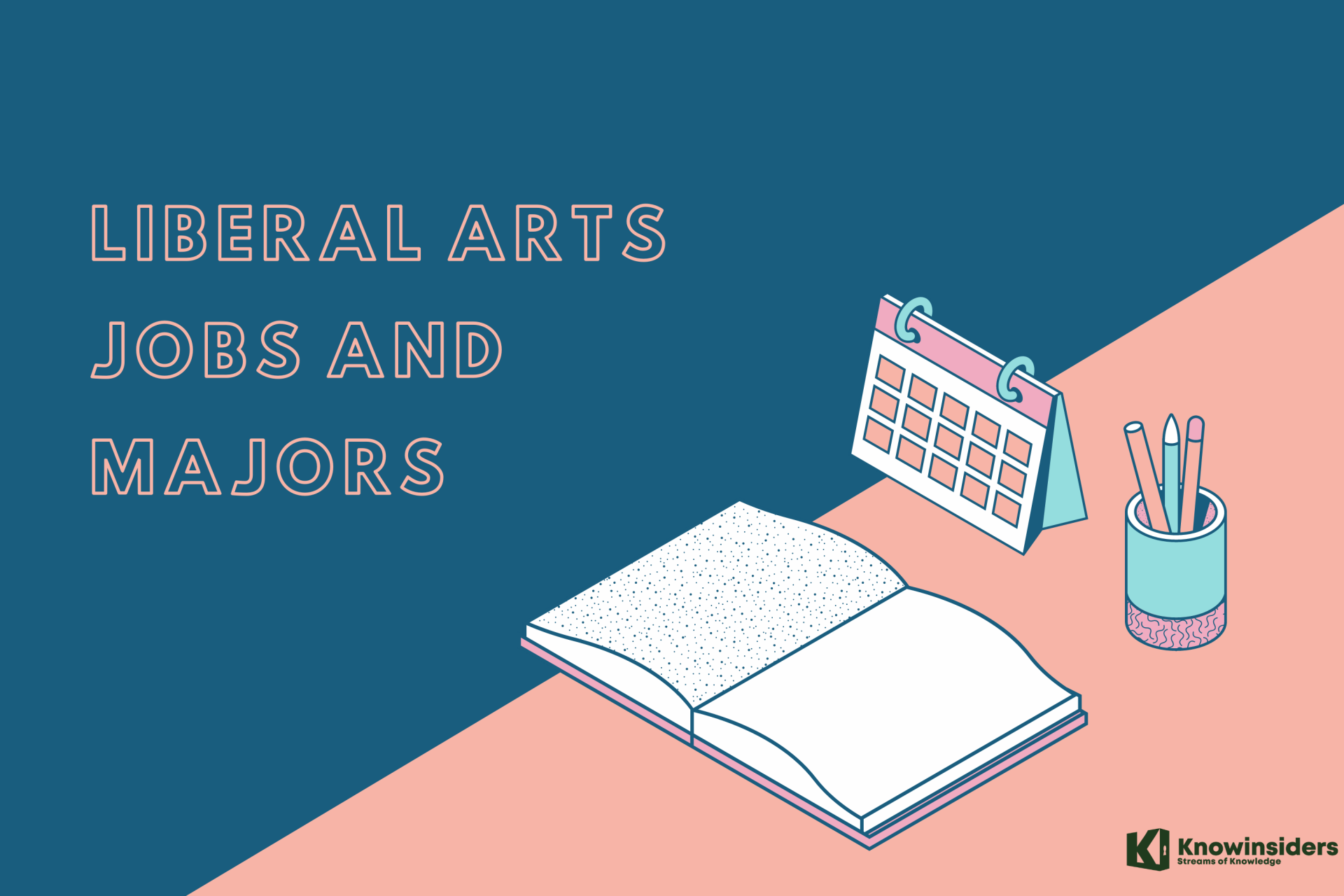 |
| Photo KnowInsiders |
What can you do with a liberal arts degree? Almost anything!
A liberal arts education equips you for a variety of positions in numerous industries. Jobs for liberal arts majors could include working as a professor or a journalist, getting involved in politics or museum curating, promoting products or helping businesses succeed. Some students pursue a degree in the humanities or liberal arts in its broadest sense, while others opt for a more specialized but equally well-rounded liberal arts major.
If you are looking for a liberal art job, try to visit Jooble with thousands of best opportunities to choose!
Here are a few possible jobs and the majors that can help prepare you for them:
Business manager — economics, philosophy sociology
Curator or librarian — art history, classics, history, languages
Human resources professional — communications, psychology, sociology
Lawyer — American studies, history, political science
Marketing and public relations associate — communications, journalism, sociology
Politician — American studies, classics, communications
Skills gained from a liberal arts degreeLiberal arts education proponents around the world criticize other degree programs' educational models and curricula for placing too much emphasis on technical skills while undervaluing other crucial abilities. With a liberal arts degree, you can acquire a variety of in-demand skills, some of which are listed below. thinking abilities that are analytical, evaluative, critical, and creative. Effective oral and written communication skills Problem-solving and pattern intelligence skills Ability to learn and synthesize new ideas Experience in quantitative and qualitative data analysis Critical and reflective reading skills Numerical skills Effective research skills Organization and time-management skills Information literacy skills Ability to adapt easily to situations Ethical decision-making skills Ability to pose meaningful questions Ability to work in a team Self-confidence and self-understanding Ability to be sensitive to others and be tolerant of cultural differences Foreign language skills and cross-cultural knowledge |
 Top 15 Weirdest University Degrees in the World Top 15 Weirdest University Degrees in the World Deciding on your course is one of the biggest decisions you’ll make when preparing for university. There are lots of unusual university degrees that you ... |
 Top-Paying Jobs NO a University Degree in Australia Top-Paying Jobs NO a University Degree in Australia It is understandable that it feels like everyone telling you to go to university and get a degree for earning a decent income. |
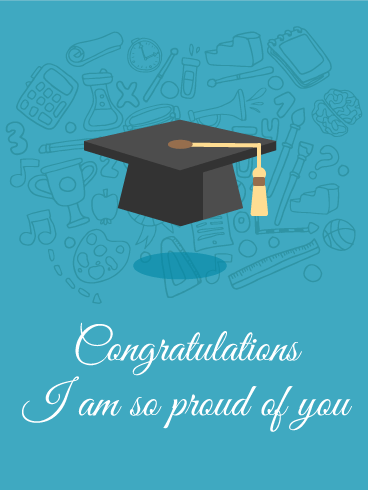 Best Inspirational Motivating Quotes and Messages about Education Best Inspirational Motivating Quotes and Messages about Education Sometimes you need something really smart to say to inspire and motivate yourself and those around you. Being a teacher helps you have more motivation ... |

























